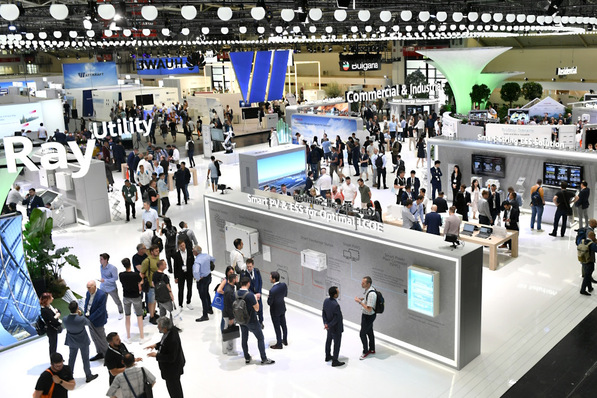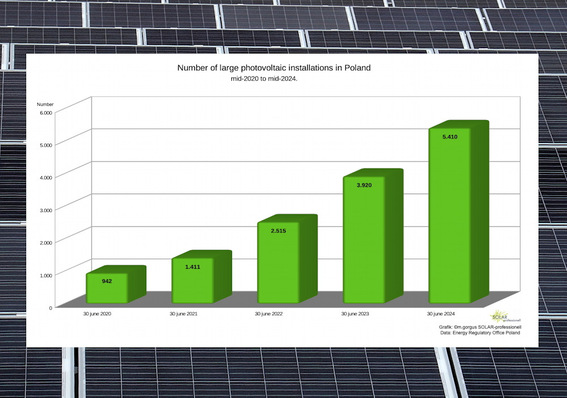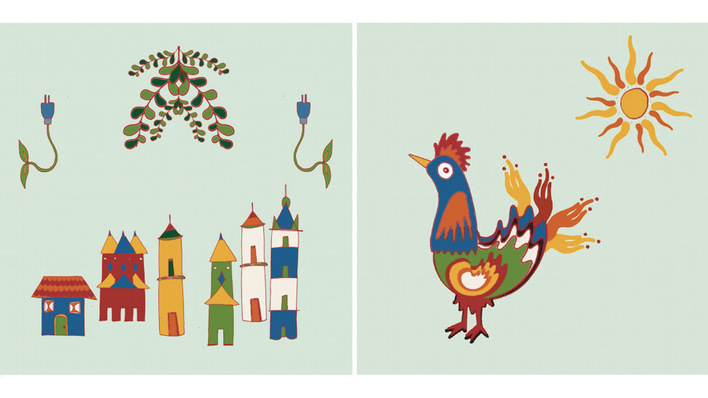All the equipment that forms the modern Quantum Glass production line has been integrated and parameterized. “We estimate that the production level can reach up to 5,000 square metres per month. We are observing great interest in the product, both among large glass companies and among manufacturers of facade and window elements. The strategic partnerships established with global corporations, such as Guardian Glass and Pilkington, provide great sales potential in the BIPV and automotive industries,” comments Dawid Cycoń, CEO of ML System.
The opening ceremony of the first Quantum Glass production line will take place on December 16th in G2A Arena in Jasionka near Rzeszów, Poland, and will be combined with the 15th anniversary of ML System. The event will be available as an online live stream.
Converting UV and infrared radiation into electricity
Taking into account the price difference in relation to the package of low-emission coated glass used in modern buildings, the time of return on investment in quantum coated glass is up to five years. Their effectiveness has been confirmed in ML System pilot projects - such as with the Żabka chain of grocery stores in Poland and in a tourist centre in Dalsnibba, Norway.

ML System
Quantum Glass is a solution developed by ML System scientists, allowing to generate free electricity from the sun, while maintaining translucency and high insulation factor. This is possible thanks to the revolutionary use of a coating consisting of quantum dots - small semiconductors measuring from a few to several nanometres. They convert UV and infrared radiation into electrical energy. Quantum Glass has very good light transmission parameters and limits the overheating of interiors. The efficiency of quantum coatings is not affected by the angle of incidence of the light. They can generate electricity even from artificial lighting.
Well-developed R&D department
See also: Glass-free solar modules that weigh next to nothing
“As a target, after the implementation of the full investment plan (QG, 2DGlass, Active Glass projects), the production capacity will amount to about 200,000 square metres per year within three production lines. We have a well-developed R&D department, thanks to which we continuously improve the parameters of our products and find new applications for them. This builds the potential to create innovative solutions in the BIPV, photovoltaic, construction and automotive industries,” summarizes ML System CEO Dawid Cycoń. (mfo)







